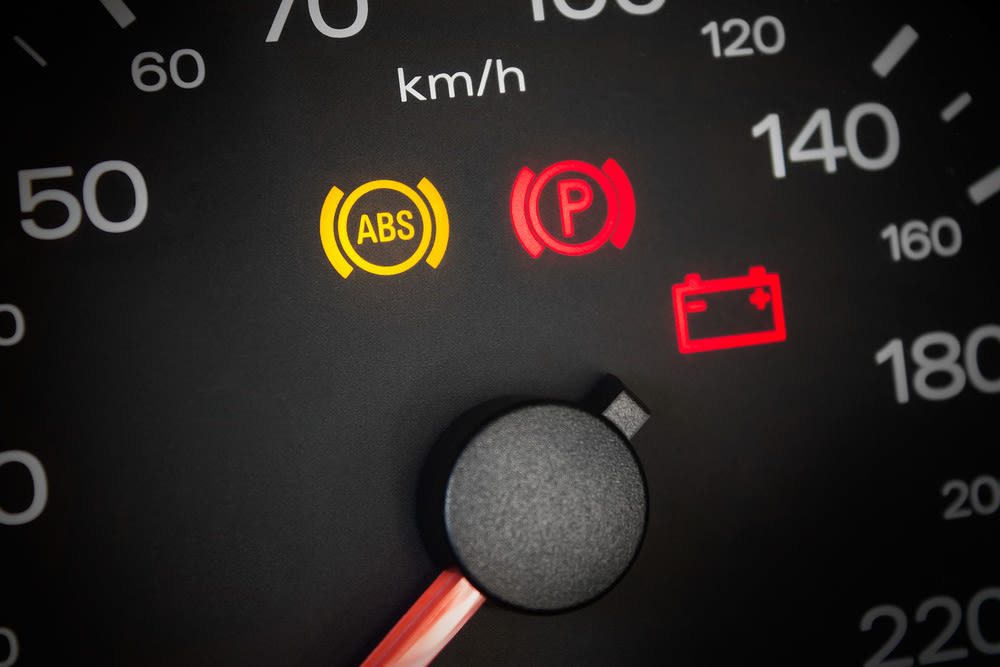

Most newer vehicles come equipped with anti-lock braking systems, also known as ABS, in the vehicle. ABS helps to prevent the vehicle from skidding and helps the driver to maintain control when applying the brakes.
Here are the 5 most essential things to know about the ABS system in your car:
How to Apply the Brakes
When you are in a non-emergency situation, you simply apply the brakes as you normally would, and the vehicle will stop in the normal manner. When you are in an emergency however, and need to stop as quickly as possible, you should slam on the brakes as quickly and as hard as possible – do not pump the brakes.
The Difference Between Rear-Wheel and Four-Wheel ABS
Rear-wheel ABS is typically found on vans, SUVs, and trucks. It helps to provide more stability for the vehicle while stopping and to ensure it doesn’t skid sideways. Four-wheel anti-lock brake systems are often on passenger cars and some smaller trucks. This type of system will still allow the driver to steer the vehicle while the brakes are fully depressed.
Where to Locate the Brake Fluid for ABS
The brake fluid is in the ABS master cylinder in most vehicles. You can check the fluid level in the same manner as you would with a vehicle that does not have ABS: Simply look through the transparent brake fluid reservoir to ensure the fluid is between the minimum and maximum level markers.
ABS Improves Braking Effectiveness More Than Braking Speed
A vehicle that has a high-quality ABS system is usually able to stop somewhat faster than those without it. However, the purpose of these systems is to provide the driver with more overall control of the vehicle during hard-braking maneuvers.
How to Tell if the ABS Is Working
When you are driving normally, you will not notice any difference between traditional braking and ABS. It is only during hard braking that the system will be activated. At that point, you may notice a change in the way that the brakes feel. They may vibrate and press back against your foot, or the pedal could drop to the floor. You may hear a grinding sound as you depress the brakes; this is a sign the system is working properly.
Anti-lock braking systems help to make driving safer and to provide you with more effective braking with less manual effort when you are on the road. If you suspect any issues with the anti-lock braking system in your vehicle, have a mechanic, such as one from YourMechanic, inspect it at your home or office as soon as you're able.



